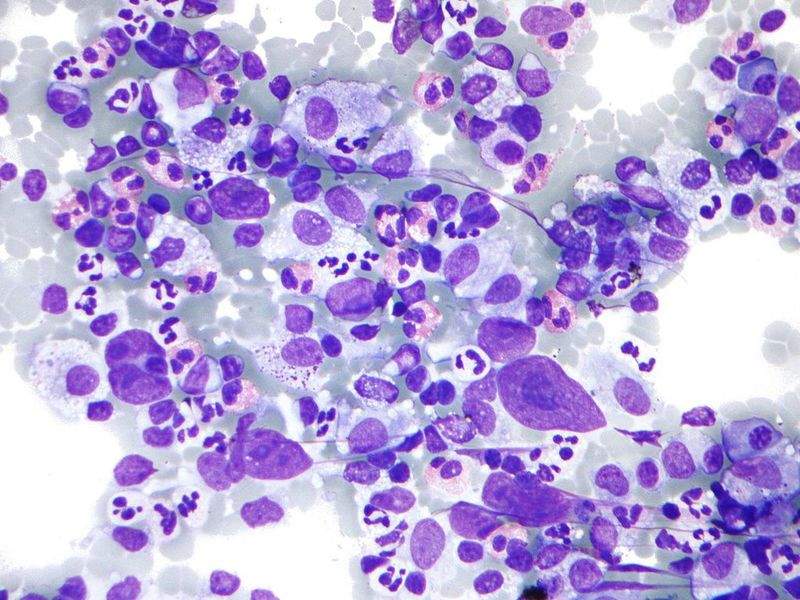

Merck has received approval from the European Commission (EC) for Keytruda (pembrolizumab) to treat adult patients affected with relapsed or refractory classical Hodgkin lymphoma (cHL) who have failed autologous stem cell transplant (ASCT) and brentuximabvedotin (BV), or who are transplant-ineligible and have failed BV.

Discover B2B Marketing That Performs
Combine business intelligence and editorial excellence to reach engaged professionals across 36 leading media platforms.
The approval allows Merck to commercialise Keytruda in all 28 EU member states along with Iceland, Lichtenstein and Norway.
Keytruda is a humanised monoclonal antibody that strengthens the body’s immune system to identify and fight tumour cells.
It blocks the interaction between PD-1 and its ligands, PD-L1 and PD-L2 to activate T-lymphocytes, which can affect both tumour and healthy cells.
Keytruda has been approved to be administered as an intravenous infusion over 30 minutes every three weeks for the approved indications until disease progression or unacceptable toxicity.

US Tariffs are shifting - will you react or anticipate?
Don’t let policy changes catch you off guard. Stay proactive with real-time data and expert analysis.
By GlobalDataMerck Research Laboratories oncology late-stage development senior vice president and therapeutic area head Dr Roger Dansey said: “Today’s approval brings an important new treatment option to patients in Europe with classical Hodgkin lymphoma who have not responded to existing therapies.
“This milestone underscores our commitment to evaluating Keytruda in diseases with unmet need facing the haematology community.”
The EC has approved the drug on the basis of data in 241 patients from the KEYNOTE-087 and KEYNOTE-013 trials.
Both studies included patients irrespective of PD-L1 expression.
In KEYNOTE-087, 210 patients received Keytruda (pembrolizumab) at a dose of 200mg every three weeks until unacceptable toxicity or documented disease progression.
Efficacy analysis showed an overall response rate (ORR) of 69% (95% CI: 62.3, 75.2) with a complete remission rate (CRR) of 22% and a partial remission rate (PRR) of 47%.
The median follow-up time was 10.1 months.
In KEYNOTE-013, 31 patients received Keytruda at a dose of 10mg/kg every two weeks until unacceptable toxicity or documented disease progression.
Efficacy analysis showed an ORR of 58% (95% CI: 39.1, 75.5) with a CRR of 19% and a PRR of 39%. The median follow-up time was 28.7 months.
Hodgkin lymphoma develops in the white blood cells known as lymphocytes, which are the vital part of the immune system.
In 2012, nearly 66,000 new cases of Hodgkin lymphoma were registered and 25,500 people died from the disease.
Classical Hodgkin lymphoma accounts for approximately 95% of all cases of Hodgkin lymphoma in developed countries.
Image: Micrograph of Hodgkin lymphoma. Photo: courtesy of Nephron via Wikipedia.




